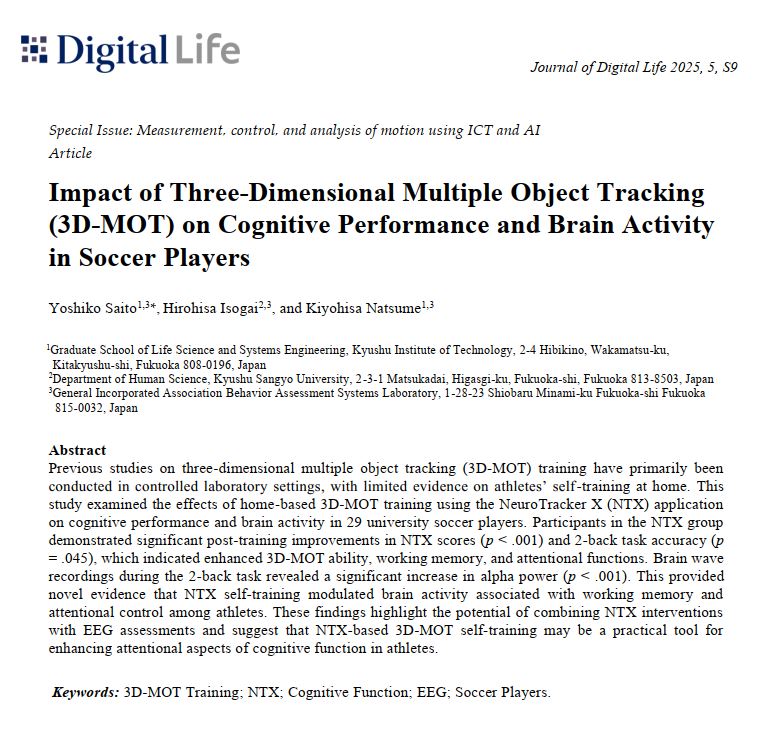Welcome to the Research and Strategy Services at in today's fast-paced.


As the brain generally slows down with old age, continuing to perform well may be dependent on how networks are adaptively utilized through the effects of neuroplasticity, according to a new study from the University of California. UC Berkley researchers found evidence for neural network reorganization in older people’s brains, which helped them to perform short term memory tasks more efficiently, potentially compensating the effects of aging.
In a comparison with healthy adults and healthy people aged 60 or older, the researchers used fMRI scanning on subjects while they performed a series of visual-based short–term memory tasks. They focused scans on the frontal cortex, which is critical for executive functions and its connections to other parts of the brain. The results showed that older adults recruited additional between-module brain connections, specifically when performing tasks. One of the UC Berkley researchers commented, “We think this pattern of increased connectivity between frontal regions and other modules in the brain reflects a more integrated network architecture that is key for successful performance of executive control tasks in aging”.
They also found that older adults who performed better had improved structural integrity for connections between frontal and posterior brain regions – important for short-term memory. These results strongly support the idea of large-scale compensatory mechanisms in the aging brain. The bottom-line being older people’s brains can structurally adapt in new ways in order to retain mental functions. More research to define why some older adults show stronger neural reorganization than others could be critical for determining interventions to prevent the effects of cognitive decline in everyday life.
A potentially interestingly link here is another newly published study which shows that being overweight can contribute to reduced brain size from 50 years old onwards. Overall shrinking in brain size is considered a common symptom of aging in later life. In a cross-sectional study of 473 individuals aged between 20 and 87, the research specifically examined a reduction of white matter volume, and found striking differences between lean versus overweight people. There were no significant differences below 50 years old, suggesting brain health sensitivity to weight in middle-age onwards. The mechanisms affecting these white matter volumes are not known, but staying leaner when going into retirement could well help boost long term cognitive health, and may even support neural reorganization to compensate for the natural effects of aging.
“Reconfiguration of brain network architecture to support executive control in aging” by Courtney L. Gallen, Gary R. Turner, Areeba Adnan, and Mark D’Esposito inNeurobiology of Aging.
“Obesity associated with increased brain-age from mid-life” by Lisa Ronan , Aaron F. Alexander-Bloch, Konrad Wagstyl, Sadaf Farooqi, Carol Brayne, Lorraine K. Tyler, Cam-CANe, and Paul C. Fletcher in Neurobiology of Aging.








Welcome to the Research and Strategy Services at in today's fast-paced.

Rest can help cognitive recovery, but focus doesn’t always return immediately. This article explains why different cognitive systems recover at different speeds and why improvement often unfolds gradually.

Cognitive recovery is rarely linear — and improvement doesn’t always look immediate. This guide explains how recovery unfolds over time and why sustainability depends on recalibration, not quick resets.

Cognitive scores naturally fluctuate — but patterns matter more than single sessions. This guide explains how to distinguish noise from meaningful change over time.
.png)